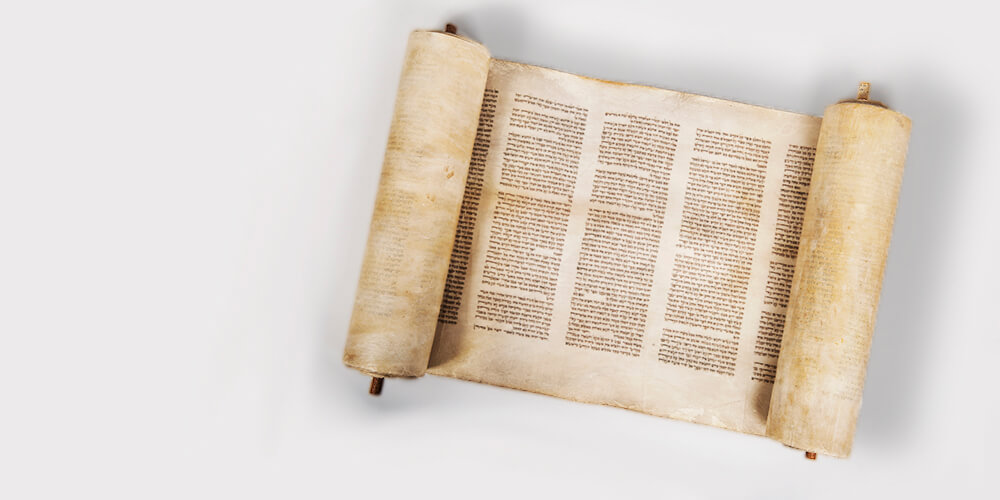- Apr 9, 2010
- 9,494
- 6,900
- 2,020
- Thread starter
- #181
I was just saying that they seem to be very selective when considering which ones carry validity.
That's because when one is a believer they have already done the seeking, and already had a life-changing revelation (or epiphany, or realization) that the Bible IS true. So, at that point, of course they're going to view other religious texts in a different way than a non-Christian would.
But like I said, there's often some overlap, because a lot of those extrabiblical texts are talking about the same events that actually happened historically, but through different perspectives.
Correct me if I'm wrong, but you seem to be implying that it's wrong for Christians to give more weight to the Bible, when there are conflicting narratives out there among different religious texts.
There are actually a lot of good, valid reasons to believe the Bible. And valid reasons to not automatically believe everything in texts from other religions. But at the same, I fully realize that truth can be found anywhere, so like I said before, I don't think it's wise to throw out everything that is outside the Bible, as if no truth at all exists in extrabiblical texts.
Well, that's what I said. They're seen as ''cool'' when they corroborate accepted doctrine but they get a sourpuss face when they don't, or when they perhaps add context that is frowned upon.
Heh....no, again, you're acting as if Christians have no valid reasons for believing that the Bible is true, and you seem to be implying that they reject everything else ONLY because it's outside the Bible. No, in that case too, there are valid reasons for not believing what some other religions teach... and those who have already gone through the process of seeking the truth have already established those things. In other words, when one seeks the truth (before believing in any religion) and does so in an honest and critical way, they can weigh all the evidence and eventually see which one stacks up as reliable and actually true.
So at that point, when one already has done the seeking... why do you expect them to give more weight to other texts that they have already determined are not the entire truth? (but may contain some truth.)




